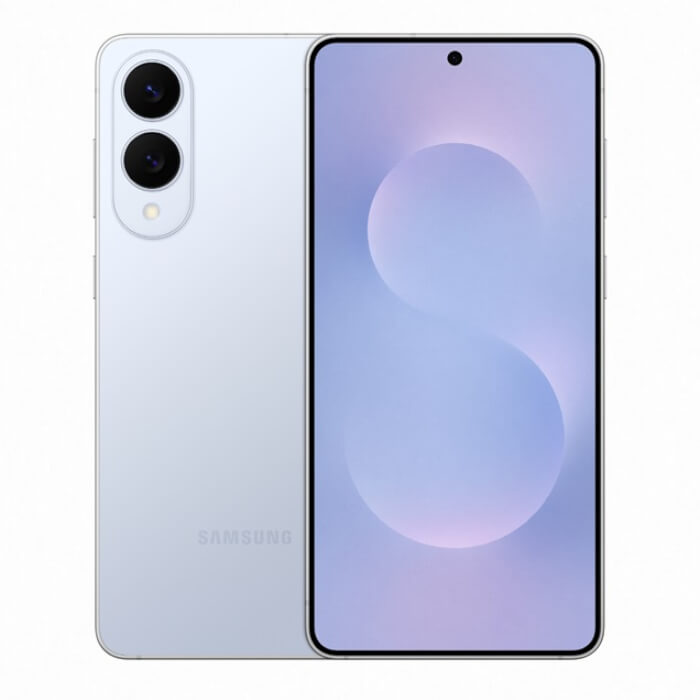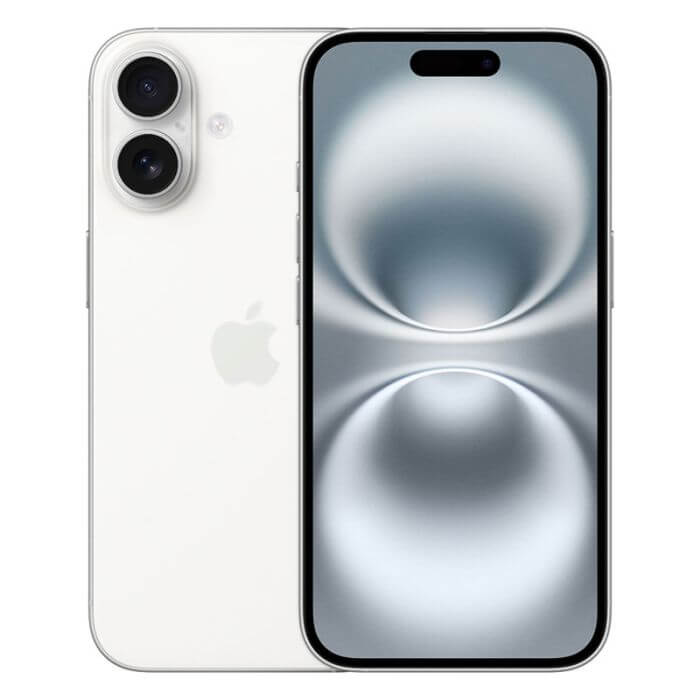Samsung Galaxy S25 Edge vs. Apple iPhone 16, Samsung and Apple dominate the smartphone market. If you’re leaning toward Android, chances are you’re considering a Samsung device.
Samsung Galaxy S25 Edge

Pros
- 6.7-inch AMOLED with 120Hz refresh rate
- 200MP main camera with 8K video
- 12GB RAM and titanium build
- Slimmer and lighter design
Cons
- Higher starting price ($1,099)
- Slower wireless charging (15W)
Apple iPhone 16

Pros
- More affordable starting at $799
- Camera Control button for quick access
- Faster wireless charging (25W)
- Excellent main camera performance
Cons
- Smaller 6.1-inch display with 60Hz
- Less RAM (8GB vs 12GB)
Feature Comparison
Samsung’s latest release, the Galaxy S25 Edge, is a strong contender—especially if you’re comparing it to Apple’s iPhone 16. While both phones offer premium features, they cater to different types of users.
Table of Contents
Price and Availability
The Samsung Galaxy S25 Edge launches on May 30, 2025, following its announcement earlier in the month. The iPhone 16 has been available globally since September 2024.
Samsung Galaxy S25 Edge Pricing:
- 256GB + 12GB RAM: $1,099 / £1,099 / AU$1,849
- 512GB + 12GB RAM: $1,219 / £1,199 / AU$2,049
iPhone 16 Pricing:
- 128GB + 8GB RAM: $799 / £799 / AU$1,399
- 256GB + 8GB RAM: $899 / £899 / AU$1,599
- 512GB + 8GB RAM: $1,099 / £1,099 / AU$1,949
While the Galaxy S25 Edge starts at a higher price, it also offers more RAM and storage at the base level. For example, the 256GB Galaxy model costs $200 more than the 256GB iPhone 16, but includes 4GB more RAM.
Samsung Galaxy S25 Edge vs iPhone 16: Design and Display
The Galaxy S25 Edge and iPhone 16 look quite different. The iPhone has rounder corners and a larger screen cut-out. Both phones feature flat displays, glass backs, and metal frames.
Samsung uses titanium for the S25 Edge, giving it a more premium feel. Apple opts for aluminum, which is lighter but less durable.
Their camera layouts appear similar at first glance. Each has two lenses in a vertical block, but Samsung includes the flash within the block, while Apple places it to the side.
Both phones are IP68-rated for water and dust resistance. However, their size and weight differ:
- Galaxy S25 Edge: 158.2 x 75.6 x 5.8 mm, 163g
- iPhone 16: 147.6 x 71.6 x 7.8 mm, 170g
The Galaxy is taller and wider but thinner and lighter.
Color options also vary:
- iPhone 16: Black, White, Pink, Teal, Ultramarine
- Galaxy S25 Edge: Titanium Icyblue, Titanium Silver, Titanium Jetblack
Display Comparison
The Galaxy S25 Edge has a larger and sharper screen:
- 6.7-inch AMOLED, 1440 x 3120 resolution, 120Hz refresh rate, ~513 PPI
The iPhone 16 offers:
- 6.1-inch OLED, 1179 x 2556 resolution, 60Hz refresh rate, ~460 PPI
Samsung’s display is bigger, smoother, and more detailed. Still, the iPhone 16’s screen is vibrant and performs well in various lighting conditions.
Samsung Galaxy S25 Edge vs iPhone 16: Cameras
Both phones feature dual rear cameras, but their specs differ significantly.
Galaxy S25 Edge:
- 200MP f/1.7 main camera
- 12MP f/2.2 ultra-wide
- 12MP f/2.2 front camera
- Supports 8K video recording
iPhone 16:
- 48MP f/1.6 main camera
- 12MP f/2.2 ultra-wide
- 12MP f/1.9 front camera
- Supports up to 4K video recording
The Galaxy offers a much higher megapixel count on its main sensor. However, more megapixels don’t always mean better photos. Real-world performance will depend on image processing and software.
In our review, the iPhone 16 delivered “an excellent main camera and a good ultra-wide.” We’ll need to test the Galaxy S25 Edge further to make a fair comparison.
One unique feature on the iPhone 16 is the Camera Control button. This hardware button lets you quickly take photos, record videos, and adjust settings—adding convenience for mobile photographers.
Samsung Galaxy S25 Edge vs iPhone 16: Performance and Software
The Galaxy S25 Edge features a Snapdragon 8 Elite chip, 12GB of RAM, and up to 512GB of storage. The iPhone 16 uses Apple’s A18 chip, paired with 8GB of RAM and the same maximum storage.
Samsung’s phone likely has a slight edge in performance due to its newer chip and more RAM. Still, the iPhone 16 remains powerful and should perform well for years, according to our review.
The bigger difference lies in software. The Galaxy S25 Edge runs Android 15 with Samsung’s One UI 7, while the iPhone 16 runs iOS 18.
These operating systems offer different user experiences and app ecosystems. Choosing between them often comes down to personal preference.
Battery Life and Charging
Neither phone has a large battery. The Galaxy S25 Edge includes a 3,900mAh battery, while the iPhone 16 has a 3,561mAh cell. Keep in mind, Samsung’s phone powers a larger screen.
Samsung claims up to 24 hours of video playback, while Apple promises 22 hours for the iPhone 16. That gives Samsung a slight advantage on paper.
In real-world use, the iPhone 16 still delivers all-day battery life, according to our testing.
Charging speeds differ as well:
- Galaxy S25 Edge: 25W wired, 15W wireless
- iPhone 16: 20W wired, 25W wireless
So, Samsung charges faster with a cable, while Apple leads in wireless charging.
Final Verdict
The biggest factor in choosing between these phones is the operating system. If you prefer Android, the Galaxy S25 Edge is the natural choice. If you’re loyal to iOS, the iPhone 16 won’t disappoint.
If you’re open to either, here are some key differences:
- The Galaxy S25 Edge has a larger, sharper screen with a higher refresh rate.
- It’s slimmer and lighter despite its size.
- It offers more RAM and potentially better battery life.
- Its main camera has a much higher megapixel count.
The iPhone 16, while more compact and affordable, still holds its own. It matches Samsung in ultra-wide and selfie camera specs and includes unique features like the Camera Control button.
In short, the Galaxy S25 Edge offers more premium features, but the iPhone 16 delivers solid performance at a lower price.
